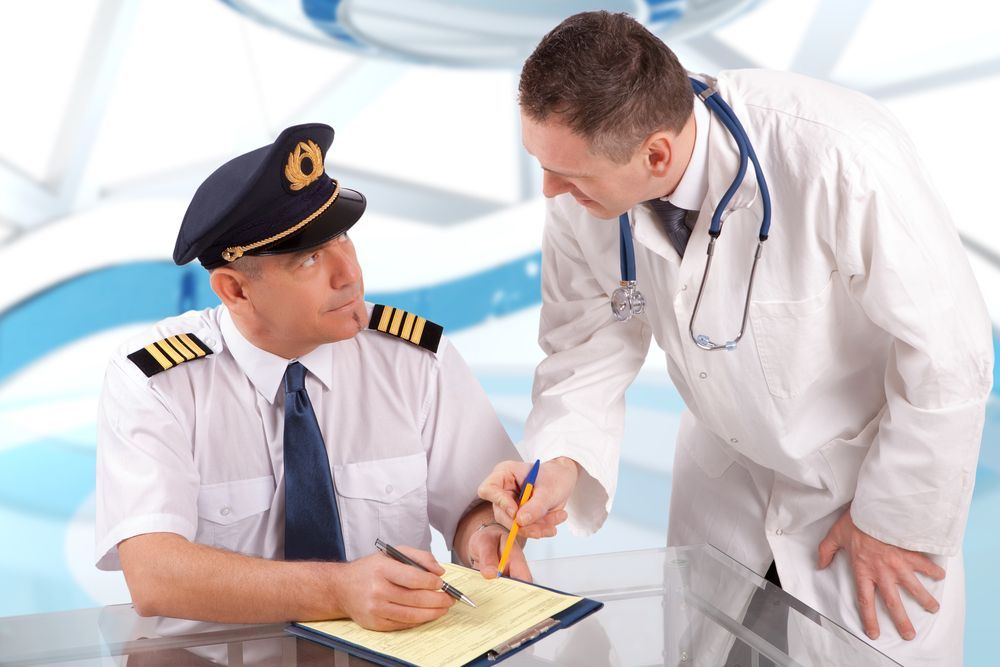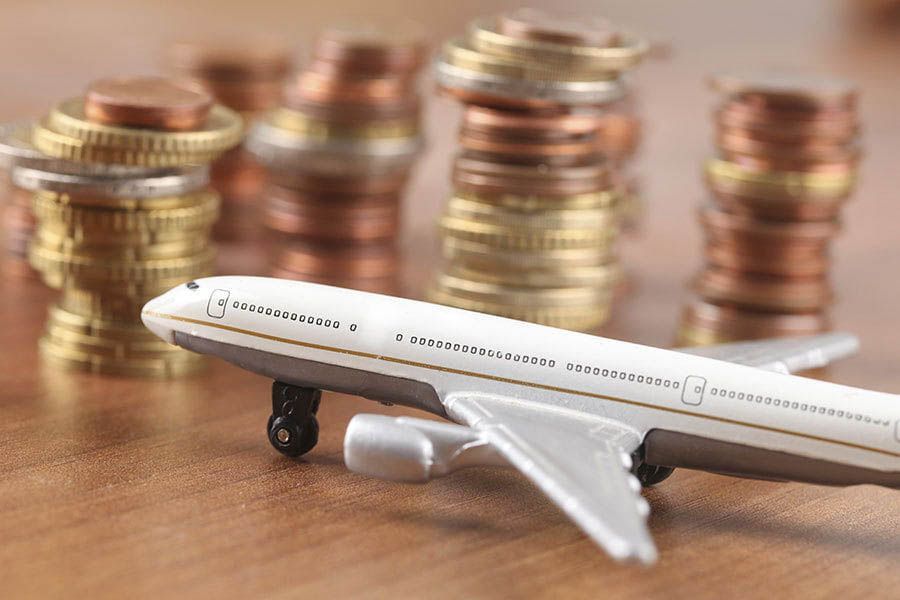

Although not required to begin flight instruction, you won’t get too far in the world of aviation without a medical certificate, or sometimes simply referred to as a medical. You can think of it as a regular doctor’s visit to clear you to fly. It actually may be better for a prospective pilot to first learn medical requirements needed to fly so you can set realistic goals on your journey to becoming a pilot.
With the completion of a medical examination, you earn certain privileges, depending on what medical classification requirements you go for. The frequency at which you need to renew these requirements also changes depending on the classification. We will review the different FAA medical certificates, their requirements, and renewal schedules.
First Class Medical in Aviation
If you are a new pilot, you might be familiar with the term first class medical, but do you need it? First class is the highest medical classification you can receive, and if you’re planning on becoming an airline pilot, you should be looking into the medical requirements for this certificate. By receiving a first class medical, you will earn clearance to all restrictions, and will be necessary if you are ever looking to become a pilot-in-command.
FAA Medical Exam Health Requirements
Regular medical examinations are incredibly important for anyone dealing with aircraft to protect both yourself and any other passengers. The requirements get more restrictive for first class medical certificates as opposed to third class. For instance, a pilot seeking a first class certificate needs to have 20/20 vision while third class only requires 20/40 for distance vision. The medical exam tests for vision, hearing, cardiovascular, mental, neurological, and equilibrium medical standards. Some standards every medical class must meet include:
- Must be able to hear a conversational voice from six feet away
- Must not have any diseases that can affect an airman’s equilibrium, such as vertigo
- Must not be colorblind, although some instances of colorblindness are permitted
Other preexisting conditions may also disqualify a pilot from flying. The FAA determines these conditions on a case by case basis during your exam. In the end, these exams determine a baseline of physical health. It is up to the pilot to determine if he or she is in the right physical health to operate an aircraft, and should ground themselves if feeling ill or on certain medications.
Types of Pilot Medical Certificates
There are three different medical classifications you can receive as a pilot; first class, second class, and third class. All three classes simply vary in requirements, with third class being the easiest to obtain, and first class being the hardest. This is because the medical class you need depends on the type of flying you will be doing.
First Class Medical
Like we mentioned above, the first class medical certificate is the highest level, requiring a few more stipulations to be able to pass. You will need a first class medical certificate if you wish to serve as a pilot-in-command or as a second-in-command if three or more pilots are required. You will also need a first class medical if you are a pilot serving as a required flight crew member once you have reached your 60th birthday.
Second Class Medical
Medical exams aren’t just necessary for airline pilots. You will need to pass the requirements for a second class medical certificate if you want to take advantage of a commercial pilots license. Second-in-command airline pilots will also need this certificate, except in the instances noted above.
Third Class Medical
For everyone else, a third class medical is typically needed. This includes student pilots, recreational pilots, private pilot license holders , flight instructors, required flightcrew members under the age of 60, and pilot examiners. To fly an aircraft on your own, you will need a third class medical at the minimum, which most hobbyist pilots choose to receive.
BasicMed
Outside of the three classes above, recent FAA regulations allow for pilots to operate without a medical under certain restrictions. As long as you are operating an aircraft with less than 6 occupants, do not exceed a speed of 250 knots, and fly at an altitude under 18,000 feet, you can fly under BasicMed requirements. Career pilots may not operate under these conditions as you cannot fly for compensation. These conditions are also under the requirement that the pilot has previously passed a medical exam and has not been denied one previously. You will still need to perform a state-certified physical exam.
Duration of Medical Certificate
The renewal period of these certificates changes depending on the type of certificate and the pilot’s age. FAA medical certificates actually do not expire, a pilot can instead operate under the lower level certificate until the elapsed certificate is renewed. So, if a pilot holds a second class medical and doesn’t renew it within the year, they can still operate under third class conditions.
First Class: Must renew every year if under the age of 40 and every 6 months if over the age of 40.
Second Class: Must renew every year regardless of age.
Third Class: Must renew every five years if under the age of 40 and every 2 years if over the age of 40.
BasicMed: Must renew every five years if under the age of 40 and every 2 years if over the age of 40.
Where to Become a Pilot
Now you’re familiar with medical requirements, you should have an idea of where you can go with your career or interest in flying. You’ve already taken your first step. Now let us help you begin! J.A. Flight offers a career pilot program to cater to different types of students. Regardless of your age or career, we accept students from all walks of life, and provide the financing and instruction you need to get started.
Ready to learn from the best flight school in Chicagoland? If you’re looking for more information on how to become a pilot, get in touch with us today!


